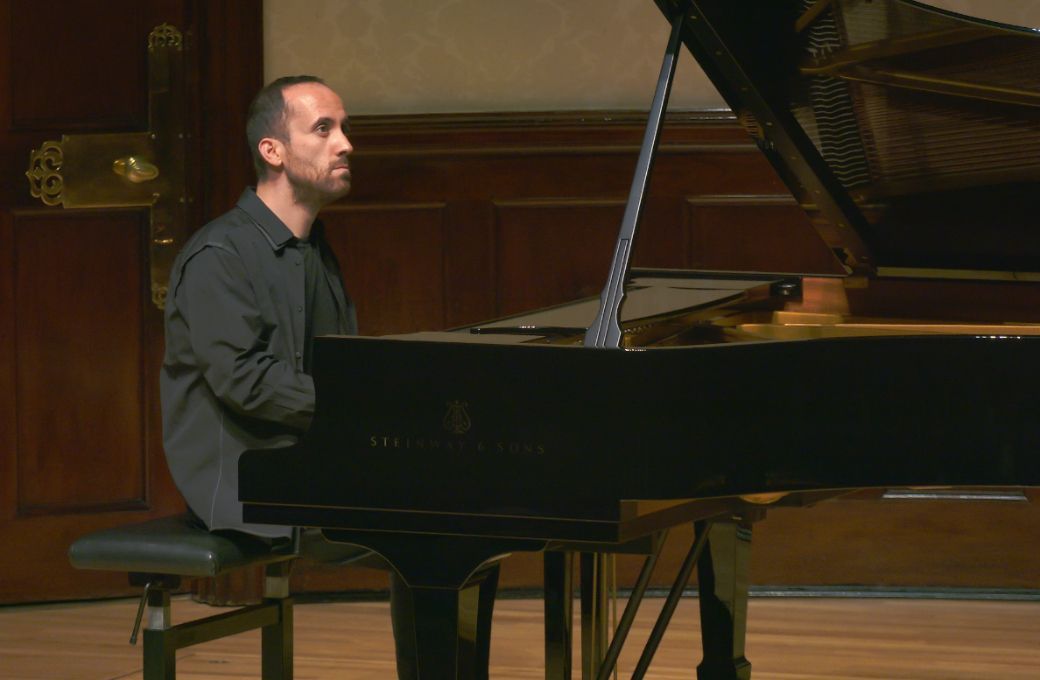Star pianist Igor Levit came to fame playing the masterworks of Germany. It was perhaps no surprise, then, that Schumann was the highlight of his scintillating recital at Wigmore Hall, but it still felt like an impetuous discovery for both performer and listener.

Levit performs with consummate musicianship. His interpretations of Schumann, Chopin and Schubert are undoubtedly original, but it's not controversy that Levit’s playing engenders. It’s more a wonderful sense of engagement – between performer, audience and the musical journey they’re both on. That engagement is what continues to draw Levit’s playing to a such a huge international audience, and to such a wide repertoire.
Levit built that journey with some subtle programming. Schubert’s Piano Sonata no. 21 in B flat major, D.960, may seem perfect for the end of a recital, but here it opened the programme. It begins in serene beauty and ends in triumph. Yet in both the Schubert and in Chopin’s Third Sonata, Levit constantly upped the ante. The graceful and precise first movement of the Schubert was a distant memory in the brilliant energy of the third. The declamatory opening of the Chopin only met its equal in the brilliant final movement. A reflective second movement brought out all the nobility of the second theme – Levit evidently aware throughout of the necessary time for bookmarking Schubert’s sudden shifts. The decision to rev up the engine for the last two movements is not shared by all players, but it certainly worked. A studied but lively start of the last movement, for example, brought out all its uncertainty. The rapid coda did what many of the finest interpretations pull off – and asked more questions of this sonata’s finality than it answered.
It was Schumann’s Nachtstücke, however, that proved the highlight of the evening. Levit made the macabre, schizophrenic toiling of the funeral procession eminently vivid in the first movement. The fragmentation of the second, Kuriose Gessellschaft (Strange Company), was as convincing as the tremendous melodies of the last. Schumann initially gave this set the name Leichenphantasie (funeral fantasy), perhaps referencing a lengthily sombre song of Schubert’s teenage years. Levit’s playing underlined how right Clara Wieck was to have that title scrapped; “Night Pieces” gives more space to the erratic, terrifically evocative spirit of this music. It is a spirit perfectly suited to the compelling attention which Levit gives, both to his playing and to the engagement of his audience.


